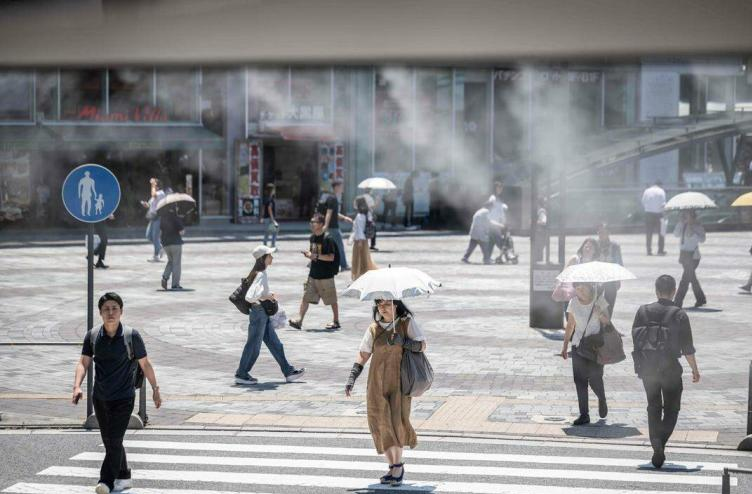
Statistics released by Japan on Tuesday (June 18) show that as of June 9, the number of cases of streptococcal toxic shock syndrome (commonly known as "man-eating bacteria" infection) reported in Japan this year has exceeded 1,000, reaching 1,019.
Streptococcal shock syndrome is an acute syndrome caused by the outer toxin of beta hemolytic streptococcus, with a fatality rate of more than 30 percent, Xinhua reported, citing the National Institute of Infectious Diseases in Japan.
According to a weekly report released by the National Institute of Infectious Diseases from June 3 to 9, more than 1,000 infections have been confirmed in Japan this year as of June 9. Among them, Tokyo has confirmed 150 cases this year, the most in the country, followed by Aichi and Saitama prefectures.
Since the beginning of this year, the spread of "man-eating bacteria" in Japan is significantly faster than in previous years, and the number of cases reported in Japan has exceeded the number of cases in the whole of last year in less than half a year.
The way of transmission of "man-eating bacteria" is generally through the nasal cavity, throat mucosa spread by droplets and contact transmission through the wound. Experts say that the initial symptoms of such bacterial infections can easily be misdiagnosed as a cold, and because the disease progresses quickly, people should go to the hospital immediately if they develop high fever and delirium or if the wound is red and swollen.

The 2025 US holiday shopping season was supposed to be a double celebration for both merchants and consumers. However, the reality is shrouded in a "bill chill."
The 2025 US holiday shopping season was supposed to be a do…
On November 5th, the US federal government entered its 36th…
JPMorgan Chase CEO Jamie Dimon recently made important asse…
When the US Senate passed a resolution with 51 votes in fav…
Recently, according to Teslarati, Tesla announced that the …
Nikkei Group, the Japanese business information giant that …